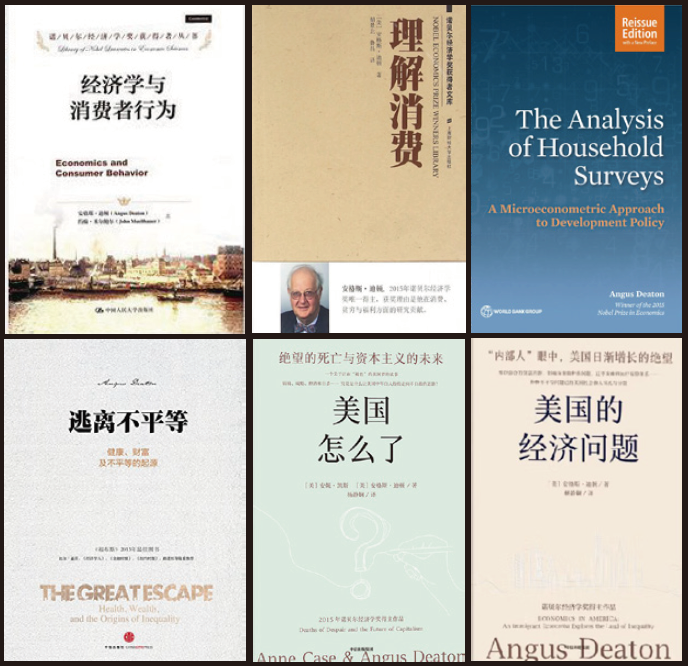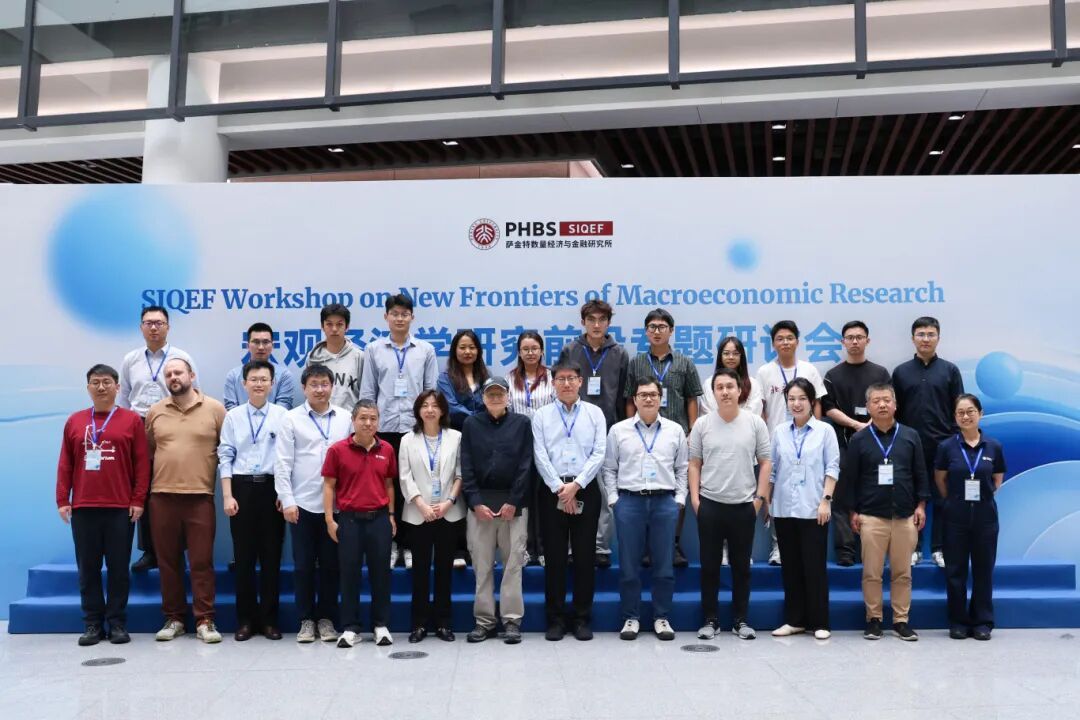Angus Deaton is a Senior Scholar of Princeton School of Public and International Affairs, and 2015 Nobel Laureate in Economics. His research focuses primarily on poverty, inequality, health, wellbeing, and economic development. In the interview with
PKU Financial Review, Professor Deaton states that, we need an Economics that takes a broader and more inclusive approach.
PKU Financial Review: In your recently article “Rethinking My Economics”, you mentioned that “Yet today, we are in some disarray. We did not collectively predict the financial crisis and, worse still, we may have contributed to it through an overenthusiastic belief in the efficacy of markets, especially financial markets whose structure and implications we understood less well than we thought.” Your discussion of Economic Failure versus the Failure of Economics has given us a lot of inspiration. In your opinion, what kind of Economics do we need, or how do we define a "Good Economics" nowadays?
Angus Deaton: We need an Economics that takes a broader and more inclusive approach. Our subject has been too focused on efficiency, getting the most out of limited resources, which, in practice, means increasing GDP. But that does not help without asking who is getting what. These distributional issues cannot simply be pushed off to others, such as politicians, or handled later, but need to be considered from the beginning. Income is also a very incomplete measure and ignores other things that are important to people. Health is perhaps central here, and that means health, not healthcare. And beyond individual measures, people are social creatures, whose wellbeing depends on their families, on their communities, and on their ability to participate in society. For too many Americans today, that is not happening.
PKU Financial Review: China is facing an aging society, healthy aging becomes an important issue. What do you think is the most important strategy for investing in national health?
Angus Deaton: I cannot advise you on the details of the Chinese healthcare system. But it is very important to measure health, outcomes like mortality and morbidity, including pain and mental health. It is also vital not to confuse health and healthcare. Healthcare can be important, but the American example shows that it is possible to spend vast sums of money on healthcare provision without improving health. Pharma companies, hospitals and device manufacturers can be very influential, very expensive, and very greedy. At the same time, as the Chinese population ages, and there are relatively few children, there will certainly have to be expansion in services.
PKU Financial Review: In your series of papers in recent years, such as "Accounting for the widening mortality gap between adult Americans with and without a BA" and "Mortality rates by college degree", you and your wife seem to find out that people with higher academic qualifications differ a lot from those with lower education in terms of mortality rate and life quality. From the overall perspective of human welfare, is increasing the accessibility of higher education a better way to improve national health?
Angus Deaton: I don’t believe that it is so. We are both teachers, and we obviously think that education is a good thing. People should have access to education when they want it and are able to use it. BUT we think the divide by education in America is mostly to do with the way that people without a college education are treated in their economic and social life. They are the people who have lost out to deindustrialization, and whose communities have been hurt in that process. They have little political power and are not listened to. This form of unbalanced capitalism is more the cause than their lack of education. We need good jobs or people without a college degree.
PKU Financial Review: Nowadays, the whole world is suffering from health crises of varying degrees and types: from malnutrition in many poor countries in Africa, to the staggering obesity rates in Europe, and the "desperate death" effect caused by drug and alcohol poisoning in the United States. Do you think the world needs a new global health cooperation model?
Angus Deaton: No, I do not. What we need is a way of looking at human wellbeing that incorporates their health as well as their incomes. We need to ensure that national governments serve the (different) needs of their own populations.















